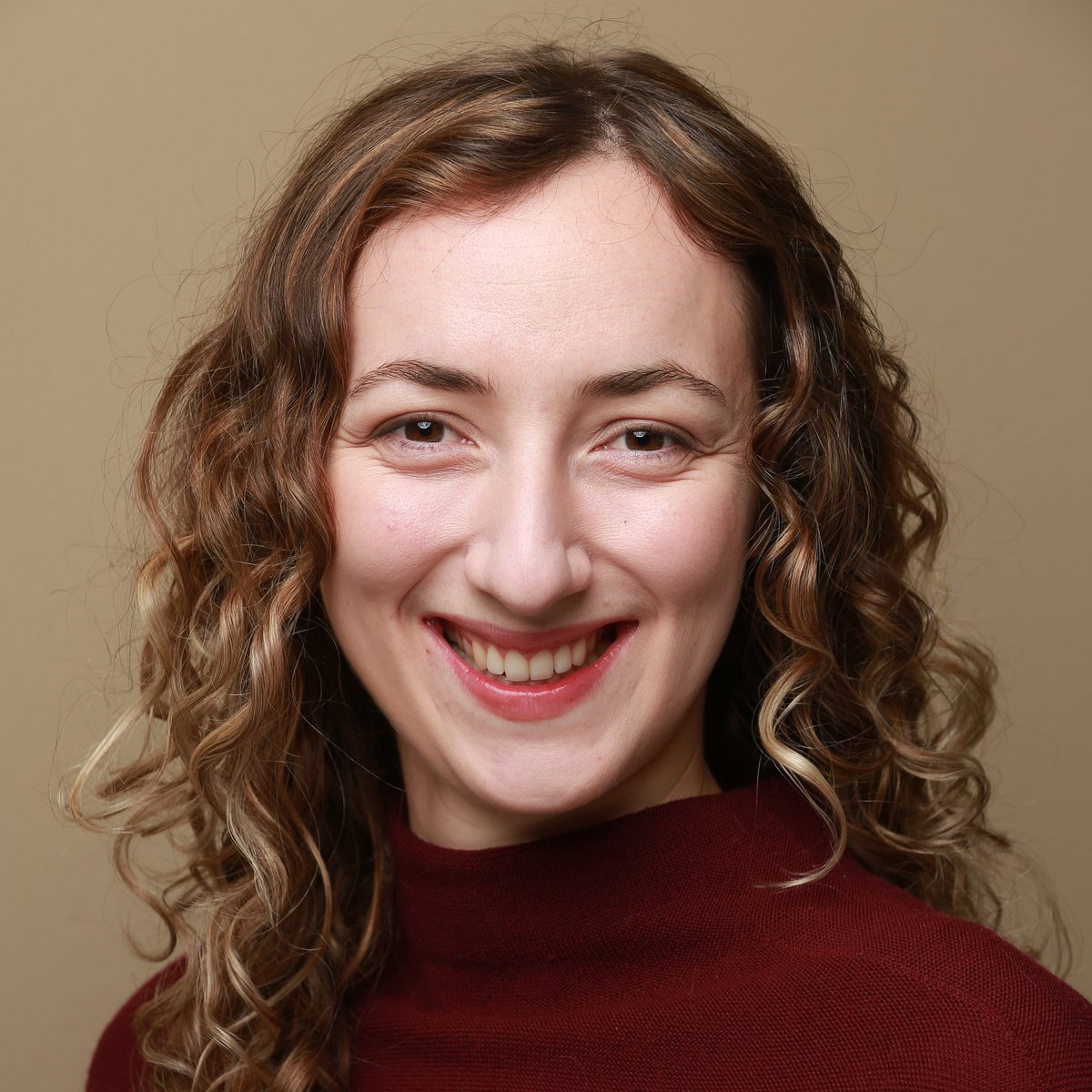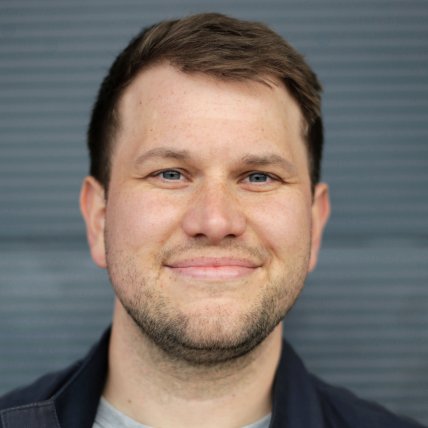
SEDS Alumni & career paths
Keeping track of the career paths of your SEDS alumni and listen to their retrospective view is essential to improve the program. Read here more about the experiences of former SEDS students.
For me personally, Data Science is storytelling and Predicting the Future using given Data
Testimonials of our alumni
SEDS Alumni Network
Our alumni are highly qualified experts in the field of data science with a solid background in computer science and statistics, as well as social science methods. They work in- and outside academia. If you are interested in being part of the alumni network, staying connected with other alumni and get informed about the newest alumni events, please fill in the following PDF.
SEDS Alumni survey
The department last conducted a comprehensive survey of its graduates from 2021 to 2023. The focus was on surveying and analyzing the career paths of former students who have graduated in recent years. The results of the survey filtered by former SEDS students can be accessed by clicking on the slide below:





